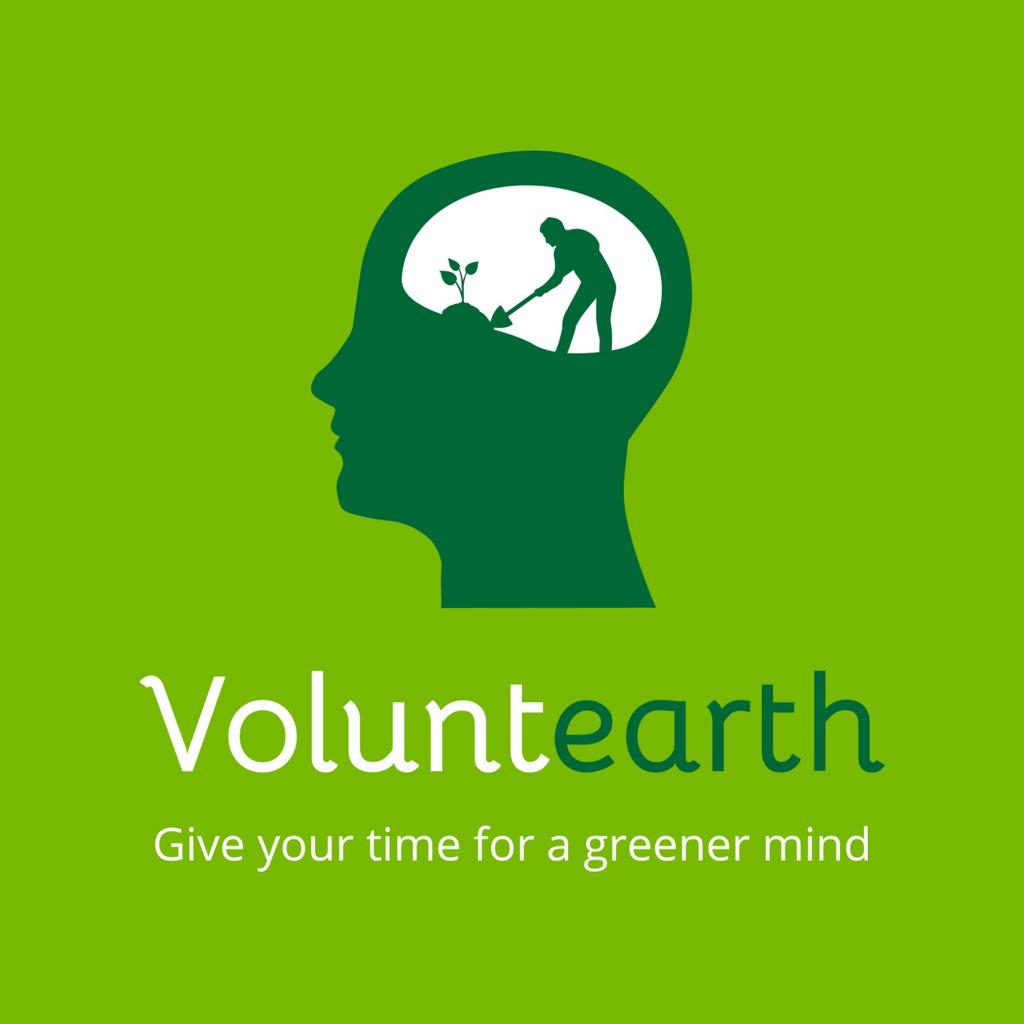An Interview with Voluntearth
Climate change is a pressing matter, and most people have now realised it, which greatly impacts their mental health. This is this issue that Voluntearth is attempting to tackle as eco-anxiety is on the rise.
To discover more about this initiative, the Boar Climate interviewed three of its founders – Laura and Flavie, who are studying GSD at Warwick University, and Esme, who graduated from University of Bristol last year and is now working in documentary making. They met through Uprising UK when Esme pitched the idea for a campaign focused on eco-anxiety.
How was the idea for Voluntearth first introduced and then developed?
Esme: I got introduced to Uprising through my local Wildlife Trust. There was a meeting about campaign ideas. It was very nice to discuss these different concepts, and I just spoke on the spot. I thought no one was going to go for my idea.
Laura: We all shaped Voluntearth into what we wanted it to be. Esme presented it as volunteering against eco-anxiety, but it was quite vague. When we created the campaign, we all tailored it to our goals and interests.
Flavie: We started talking about it, when we were in lockdown. We had GSD classes which gave us a lot of eco-anxiety so we were really struggling. I was attracted to this campaign because I thought it was a really good opportunity to give people ideas, and show them they’re not alone even during lockdown.
What is the main goal of Voluntearth?
Laura: Encourage people to volunteer as a way to transform their eco-anxiety into a tangible way of making a difference through something with visible results.
Esme: We want people to feel that they’re doing something to help the environment with visible results, as it is one of the main things for eco-anxiety we talked about. Sometimes it’s hard to really feel the difference that you’re making. With Voluntearth, it feels very rewarding in that sense, so it’s a good way of easing one’s eco-anxiety.
Flavie: We also want to create one platform where people can both find information about eco-anxiety but also about volunteering opportunities throughout the UK, as well as tips about what people can do on their own. You don’t have to go through multiple websites, pages and so on. Everything is grouped together.
You mentioned Uprising UK, what is it and how is Voluntearth linked to it?
Laura: It is a charity which provides young people with courses to boost your employability. We followed the Environmental Leadership Programme, which organises weekly sessions with speakers. We learn a lot about ourselves and others, how to market, develop our personal branding, as well as more generally about different important issues of our time. We also get to create a social action campaign because the final goal is to find your own way to create change and to become a leader.
Esme: It offers opportunities for young people to tackle environmental issues, and also to be active in their community.
A lot of students talk about wanting to do more for the environment, but they don’t think they have the time and it can feel very overwhelming when you first get into it. So do you have any tips for people to get more involved while managing their time with studies or work?
Laura: The uprising programme includes a two-hour-session a week, on top of the campaign, so it is difficult to manage all of it sometimes. The easiest way to get involved is to do small things like plogging – it is a really good way to mix usual runs with collecting litter. We advertise this kind of action on Voluntearth as you can do this even if you don’t have much time. As well as trying to increase your knowledge is always a good place to start, as having those conversations about climate change is very important.
Esme: If you are someone that wants to get involved with volunteering as a lot of things are closed right now, a small way to do so is signing up to a few mailing lists with local charities. Then you can be the first to know about new opportunities when you get that email without having to look for it.
Flavie: My main tip is to go about it with baby steps – don’t start with a six months volunteering opportunity across the world. Focus on doing small steps: recycle, try to eat less meat, plogging or just walk and pick up the trash – small things that make you go outside and see visible results. I think that’s my best advice for people who have little time.
Do you have plans for Voluntearth in the coming months, especially as opportunities may open up with COVID-19 vaccines rolling out?
Flavie: We have a podcast coming out soon. We want to invite other people to talk about how they experience eco-anxiety, what they do, and so on. We also plan to launch our website where everything will be clearer than simply having an Instagram page.
Esme: Voluntearth is an online campaign and we want that to be like we said one place that you go to if you want to do volunteering. But hopefully, when things start to open up and we can volunteer, we can have more content on our Instagram and website to actually demonstrate what we’re talking about.
Is there anything you would like to add?
Laura: Follow us and send us a message if you have any questions. We’re very open to talking to anyone who has a volunteering opportunity or experience to share.
Flavie: Don’t forget that, no matter how small, what you’re doing still counts. Don’t feel discouraged, what you do matters. And you’re not alone.

Comments